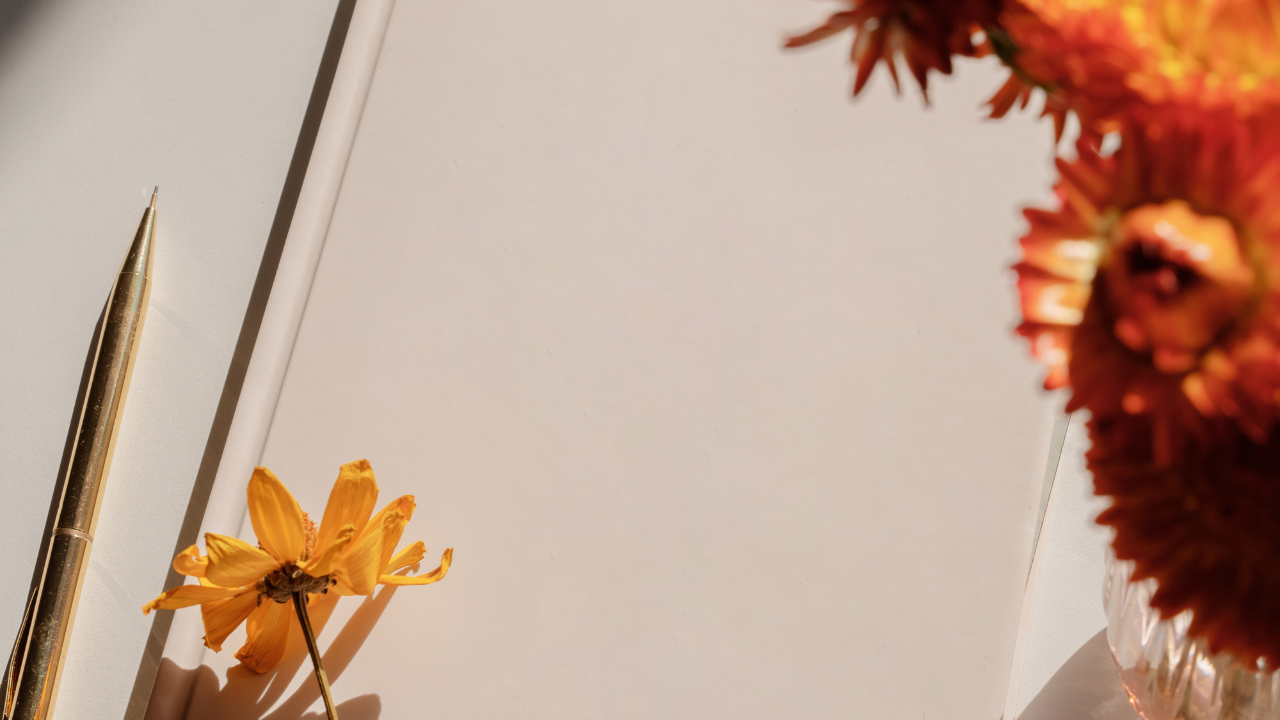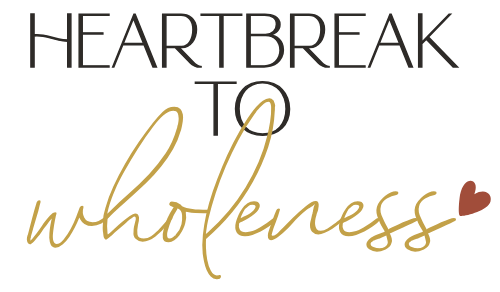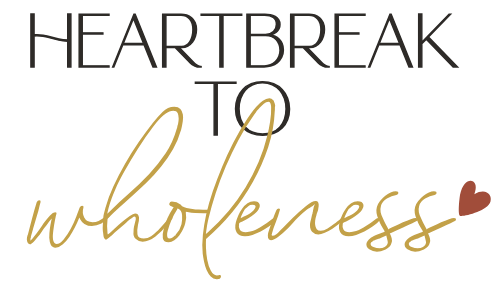Why Did I Stay So Long? Moving Beyond Self-Blame to Heal from a Narcissistic Relationship

If you’ve ever whispered to yourself, "Why did I stay so long?"—this post is for you.
Maybe you’re on the other side of a narcissistic relationship, and hindsight is doing what hindsight does best: being an absolute jerk.
You're kicking yourself. You're re-reading old texts. You're thinking, "How did I not see it? How did I let this go on so long?" And let me tell you right now: you are not alone, and nothing is wrong with you.
"Hindsight can be riddled with self-blame. And one of the first places we go is assuming we were stupid or had no willpower. Neither are true."
Let’s break it down together—why it was so hard to leave, why you gave so many second (and third and eighth) chances, and how to start shifting out of self-blame and into healing.
The Problem: You Stayed. Now You’re Blaming Yourself.
When you look back, you see all the red flags waving like a carnival parade. But at the time, you didn’t have the clarity you do now. And that’s what makes healing so tricky. Your brain tries to make sense of it all by turning the blame inward.
"You're not going to be able to see the relationship for what it is until you're ready to see it."
But here's the thing: narcissistic relationships aren’t just hard to leave because of logic. They’re hard to leave because of psychological, emotional, and neurochemical factors that literally keep you hooked. It’s not about weakness. It’s about wiring.
The Shift: Understanding Why You Stayed
So let’s talk about Potential Land.
"Potential Land is the place we dissociate into when we want to believe it could get better."
It’s where your hopes lived. The future he promised. The therapy he said he’d go to. The dream version of him that maybe showed up once—and made you believe it could happen again.
You stayed because you were hopeful. Because you wanted to help. Because you saw the potential.
"You are most likely a woman who wants to help people reach their potential. That doesn’t make you broken. That makes you generous."
But hope can become a trap when it keeps you disconnected from reality. And leaving? That often requires a rock-bottom moment.
The Deeper Why: It Wasn’t Just Emotional—It Was Chemical
Narcissistic relationships are addictive. Not metaphorically. Literally.
"We are not meant to go into such extremes in relationships."
You're on a biochemical rollercoaster of dopamine highs and withdrawal lows. When the good times hit, your brain rewards you. When things fall apart, your nervous system scrambles to fix it, just to feel good again. It’s not about being foolish—it’s about being human.
"When you're in self-blame, you can't be in self-care."
The Plan: How to Move Forward (Gently)
So how do you stop kicking yourself and start healing?
-
Create Distance
Emotional sobriety starts with actual absence. No texts. No peeking at social media. No long-winded explanations. You need space to detox.
-
Regulate Your Nervous System
Self-care starts here. Before the bubble bath or the beach vacation, you need calm. You need grounding. You need safety. That can come from breathwork, EFT, mindfulness—and most importantly, support.
"We need an absence from the stimulus that causes the spikes and dips in order to recalibrate."
-
Find a Safe Person to Hold Space
You can't heal relational wounds in isolation. A coach or therapist who gets it can be your anchor.
"My job is to give you the safety you haven’t felt—a space where you are never too much and never not enough."
-
Practice Micro-Joy
Trauma work is heavy. But joy is a healing practice too. Start small: dark chocolate. A hot cup of coffee. Sunlight on your face.
"When you’re in self-care mode, you have more capacity to be curious and compassionate with yourself."
Your Next Step: Touch Your Stuff
As I shared in the podcast episode, I pulled an Oracle card at the end—and the message was this:
"Touch your stuff. You've been away too long. It’s time to reconnect with what is yours."
These relationships can make you lose touch with yourself. So come home to what brings you back to you.
Call a friend. Hold a hot mug. Play your favorite song. Touch what you love. Reclaim your space.
And if you’re ready to start unpacking everything that happened—and want someone who truly gets it to walk alongside you—I'm here.
Fill out this quick interest form and we’ll set up a free call to talk about what you’ve been through, where you are now, and how I can support you moving forward.
You don’t have to do this alone.
I’d love to meet you.
Soul hugs,
Bre
Join my email list... (don't worry, this is spam-free)
Get educational and inspirational content, free offers, and so much more goodness sent directly to your inbox!
Be sure to add [email protected] to your contacts so all the goodness doesn't take a hard left into lost-email-land.






